Drunk Binge Eating and Conquering Drunk Food Temptations
Aug 10, 2023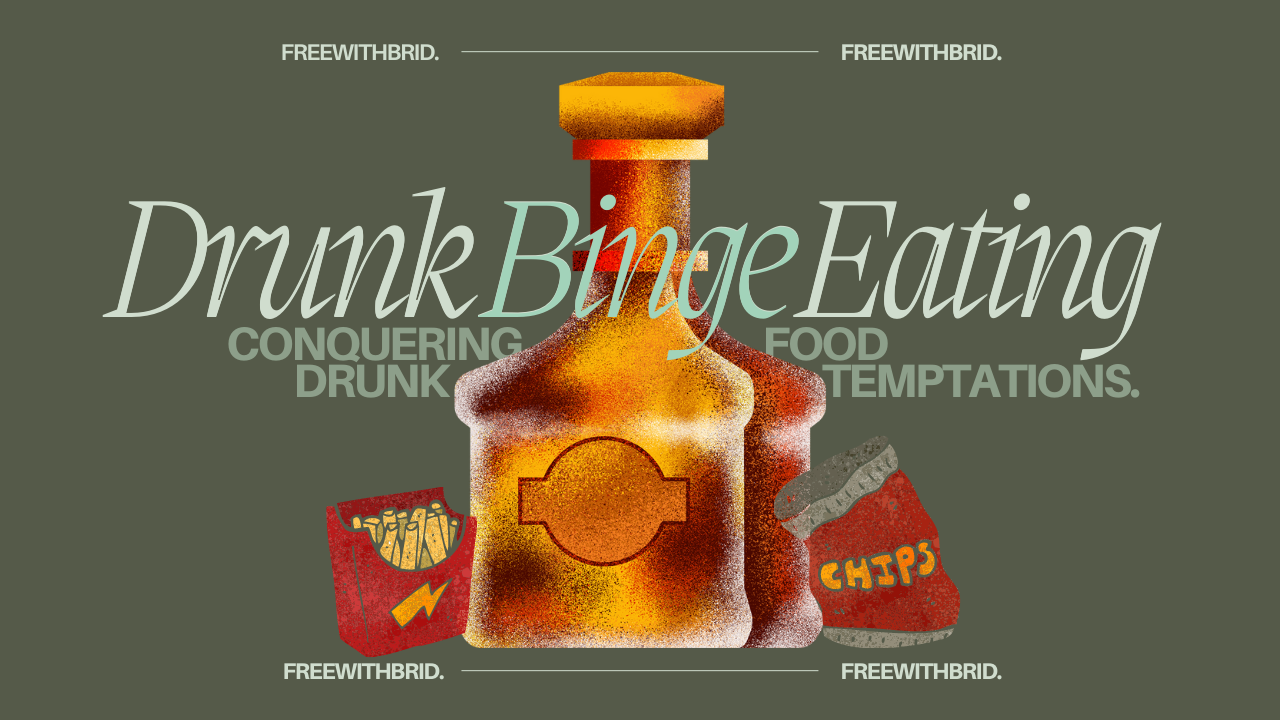
Sippin' & Snackin': Drunk Binge Eating Tips for Responsible Indulgence While Under the Influence
Late-night binges while intoxicated then followed by late-night regrets? Frustrating, right? Know the causes, risks and tips to control and overcome it. Stay healthy and mindful even in moments of temptation.
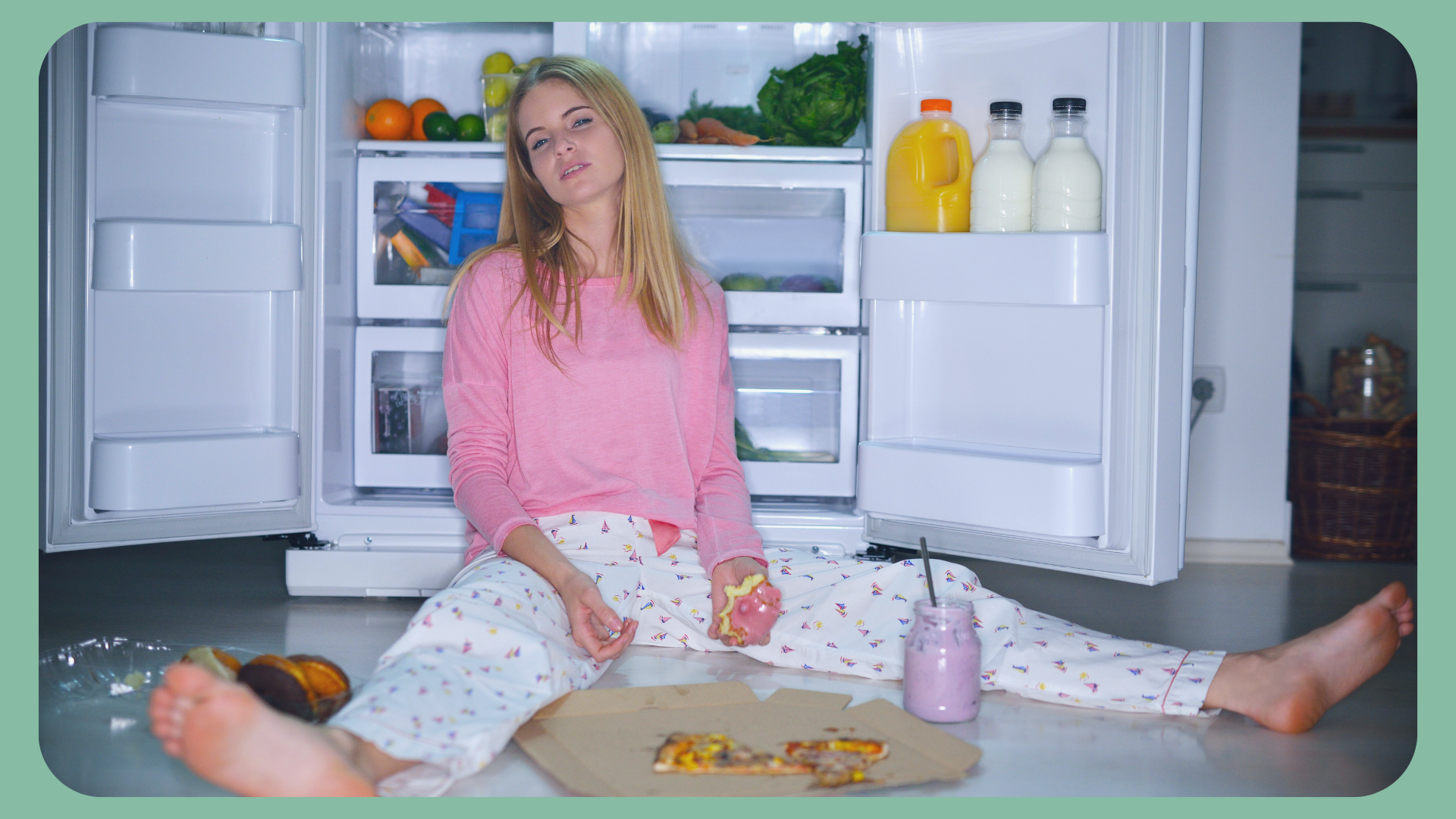
Today, we're diving headfirst into the intriguing world of drunk binge eating - a topic that's both captivating and important for our journey towards reclaiming a harmonious relationship with food and our bodies. As a certified food and body coach, I'm here to empower you with the knowledge and strategies to conquer those tipsy temptations.
Picture this: it's Friday night, and you're out with your fabulous crew, sipping on your favourite cocktails. Suddenly, those deep-fried delicacies and scrumptious snacks call your name from across the street sitting on a famous fast food chain begging you to take them home so you can rummage behind those cabinet doors. We've all been there, and guess what? It's time to flip the script on this late-night saga! But wait – I'm not here to spoil the fun or judge those post-party cravings. I’ve been there too! However, our health should always be a priority.
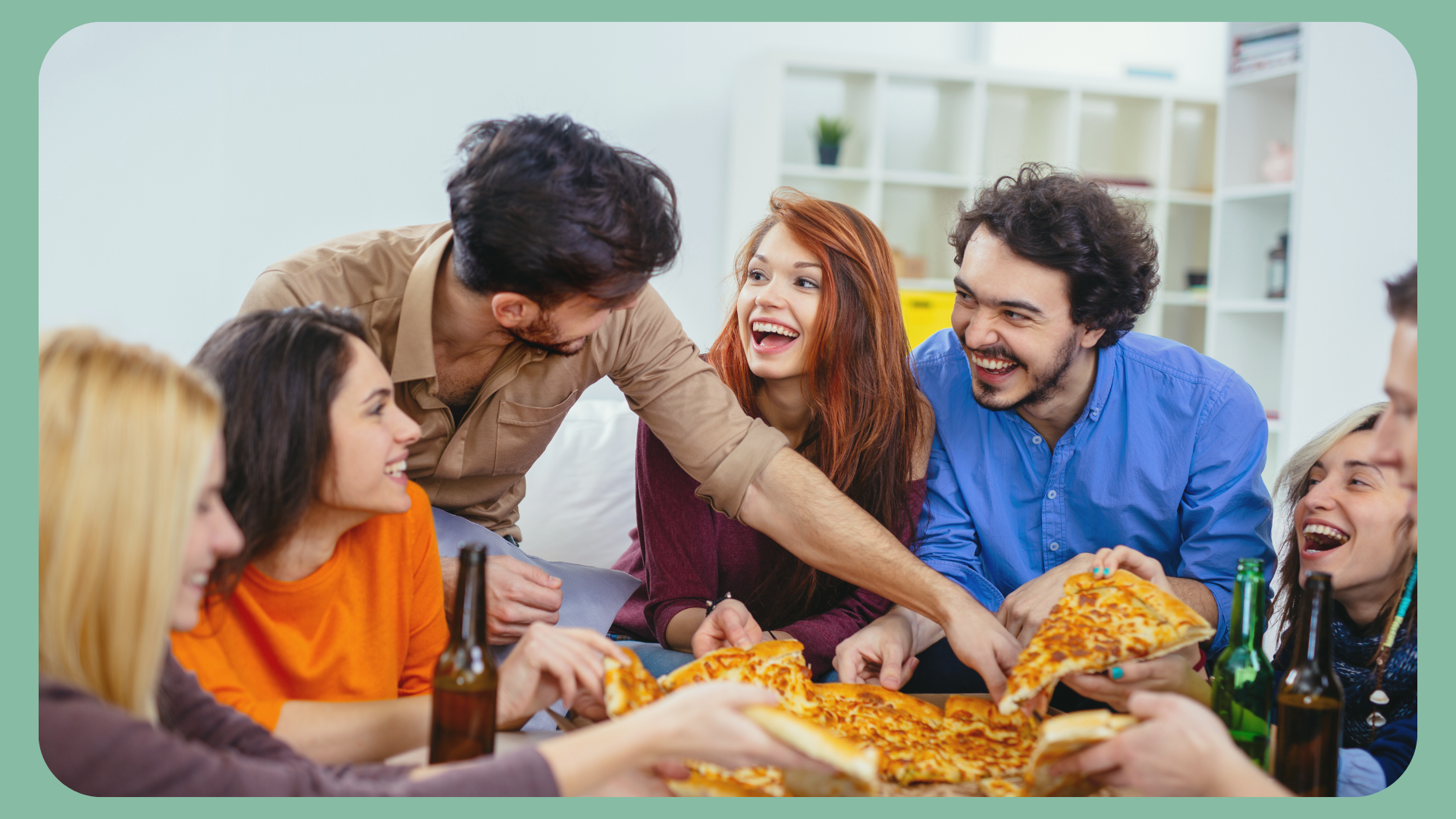
We'll unveil the mysteries behind why those alcohol-induced cravings hit us so hard, the sneaky emotional triggers at play, and most importantly, how we can rise above the challenge with grace and determination. So, buckle up ladies, because together, we're embarking on a journey of self-awareness, self-love, and balanced choices. Let's toast to embracing our strength and intelligence while embracing a healthier, happier relationship with food, even in the face of a tipsy twilight!
A. The Drunken Munchies: Why We Can't Resist
- Unveiling the alcohol-brain connection and how it leads to indulgent food cravings.
1.1 Neurotransmitter Interplay: Alcohol disrupts the balance of neurotransmitters in the brain, affecting mood, cognition, and appetite regulation. It enhances the release of dopamine, the "feel-good" chemical, leading to pleasurable sensations that can trigger a desire for rewarding foods.
1.2 Inhibition Diminished: Under the influence of alcohol, our inhibitions are significantly lowered. This loosening of self-control can weaken our ability to resist tempting and indulgent fast foods that we might otherwise avoid. When stuck in the repeating cycle of binge eating and dieting, the feeling gets stronger, especially if you've been going through it for a long time. When you're not drinking alcohol, you can see how you've been controlling what you eat all day. But things change a lot when you start drinking. It's like a pendulum that's been held back suddenly swings all the way to the other side. You start thinking, "Finally! I can enjoy these foods that I've been avoiding and NEVER allowing myself for so long."
1.3 Sleep Deprivation: Late-night drinking can disrupt sleep patterns, affecting the body's hunger hormones, ghrelin, and leptin. This imbalance increases feelings of hunger, making us more susceptible to succumbing to food cravings.
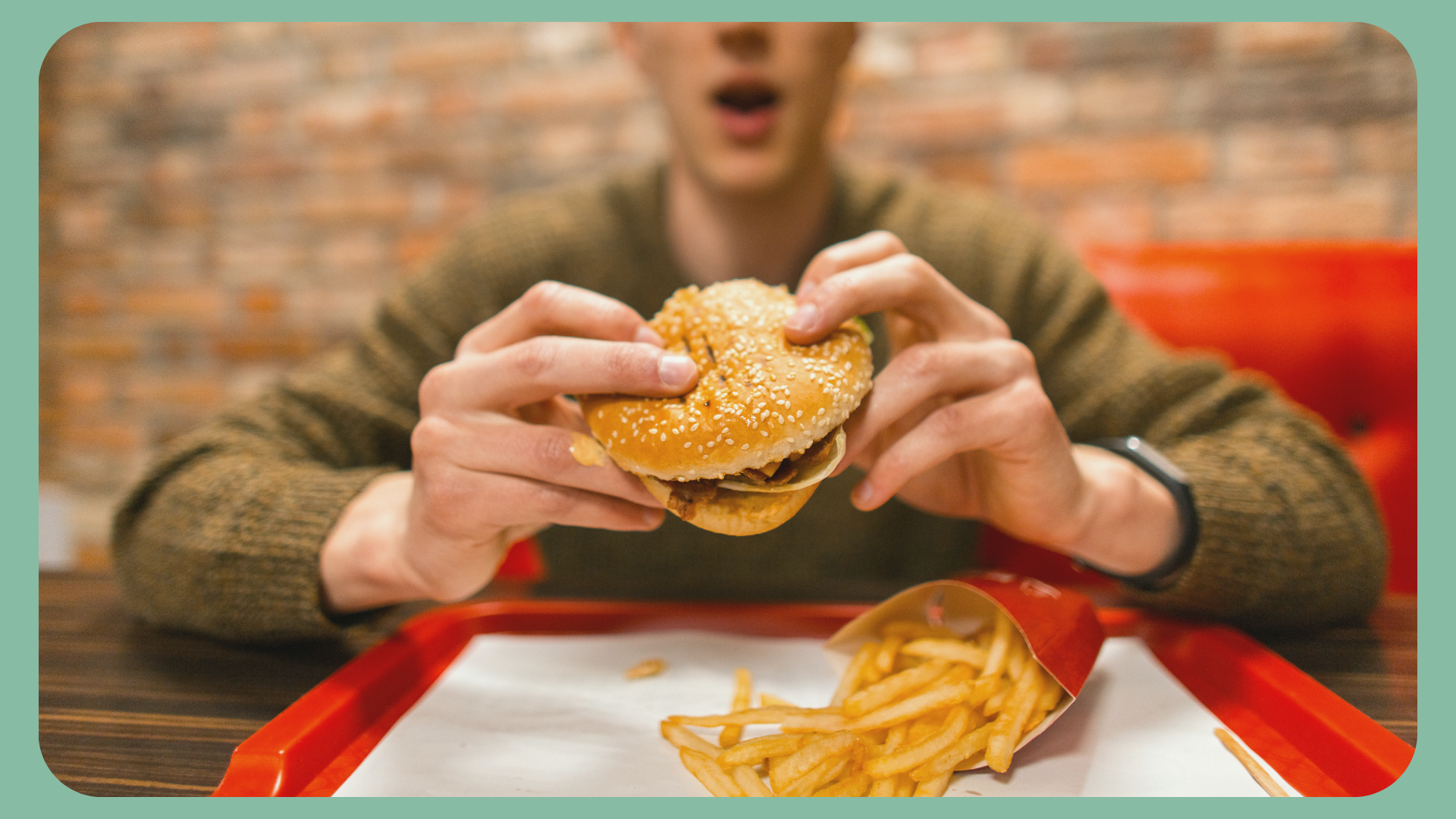
- Understanding why we tend to choose greasy, carb-loaded comfort foods when tipsy.
2.1 Blood Sugar Rollercoaster: Intoxication can disrupt our blood sugar levels, leading to a rollercoaster effect. In response, our bodies crave quick energy sources like simple carbohydrates, found in those deliciously tempting comfort foods.
2.2 Habitual Patterns: Over time, a conditioned response may develop between alcohol consumption and specific food choices. Repeatedly combining alcohol with comfort foods can create a habit that is challenging to break.
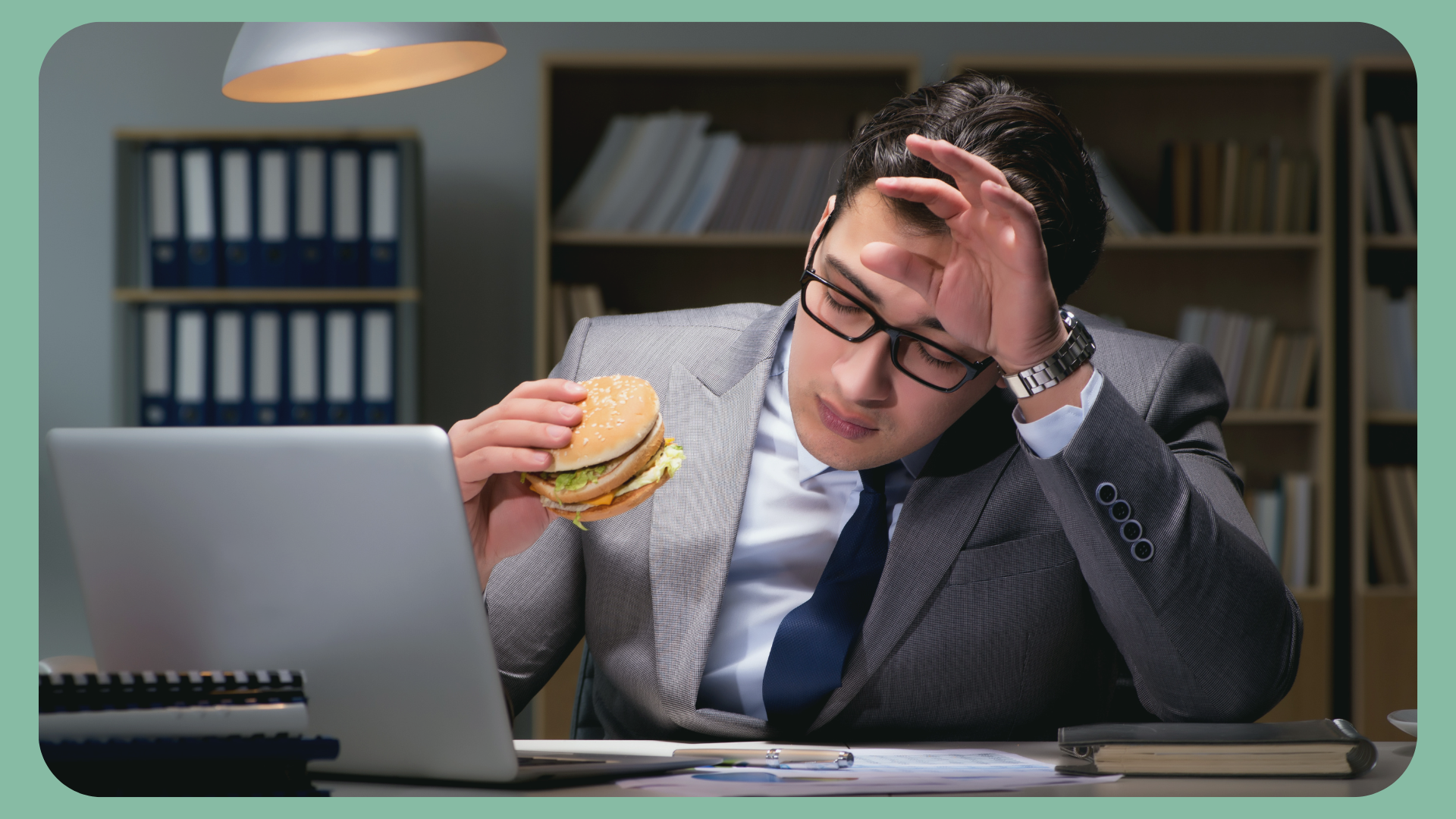
- The emotional rollercoaster: Stress, emotions, and how they trigger drunk binge eating.
3.1 Stress Eating Unveiled: Under stress, our bodies seek comfort, often turning to food as a source of solace. Stress hormones like cortisol can intensify cravings for high-calorie and carbohydrate-rich foods, providing temporary relief from emotional distress.
3.2 Escaping Emotional Turmoil: Drunk binge eating might offer a fleeting escape from emotional turmoil, but it ultimately perpetuates the cycle of guilt and shame. Addressing the root causes of emotional distress is vital in breaking free from this harmful pattern that causes alcohol addiction in the long run.
3.3 Emotional Eating Patterns: Emotions, such as sadness, loneliness, anxiety, or even joy, can drive us towards food as a coping mechanism. This emotional eating becomes particularly pronounced when alcohol lowers inhibitions, making it easier to give in to impulsive cravings.
3.4 The Vicious Guilt Cycle: Following drunk binge eating episodes, feelings of guilt and regret often intensify emotional turmoil, leading to more binge eating as a means of emotional numbing.
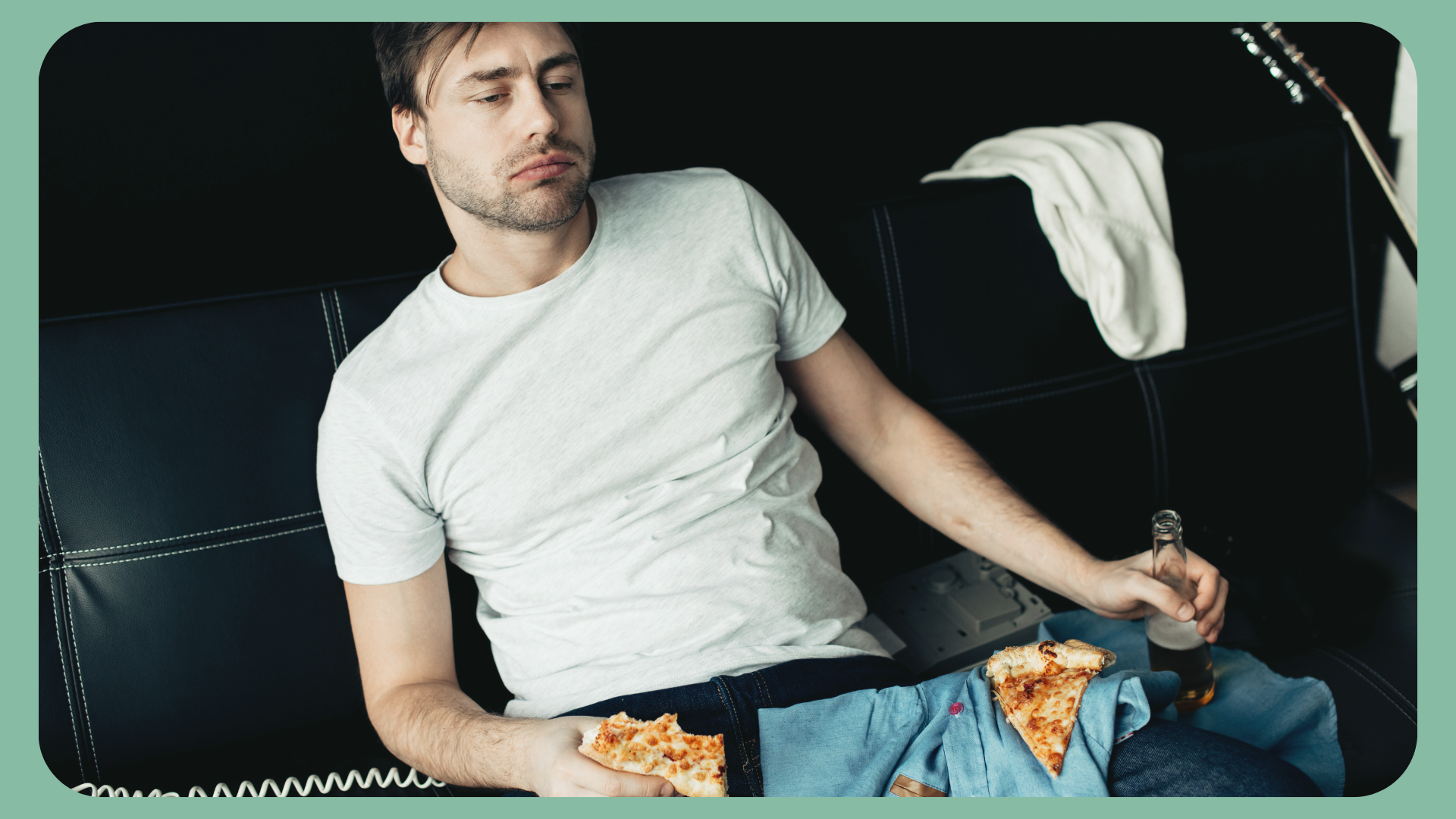
B. Breaking the Cycle: Tips to Tame the Drunken Munchies
- How to pre-game smartly: Navigating alcohol choices to minimise the urge for unhealthy foods.
1.1 Mindful Pregaming: Before heading out for a night of socialising, consume a balanced meal rich in proteins, fibres, and healthy fats. This pregame ritual sets the foundation for feeling satiated, reducing the likelihood of giving in to cravings later.
1.2 Hydration is Key: Alternate alcoholic beverages with water or non-alcoholic options. Staying hydrated not only prevents overindulgence but also helps curb impulsive food choices that often accompany alcohol consumption.
1.3 Choose Your Libations Wisely: Opt for lower-calorie drinks and avoid sugary cocktails that can trigger cravings for unhealthy foods. Stick to light beer, wine spritzers, or spirits mixed with low-calorie mixers.
1.4 Plan for Post-Drinking Munchies: Prepare snacks or meals in advance, so you're not tempted to reach for extremely unhealthy options (this is to find balance since you have been drinking already) when you return home or to be able to prevent unintentionally dumping everything inside your mouth all at once without thinking if you’d really want to eat whatever the food is. Eating while drunk can make you eat a certain bigger amount of food than your normal serving even when you are already full because when you’re drunk, you won’t feel some parts of your body or system like you do when you’re sober. This will end up making you feel guilty. Having food choices (one that you would really enjoy having when sober) readily available makes all the difference.
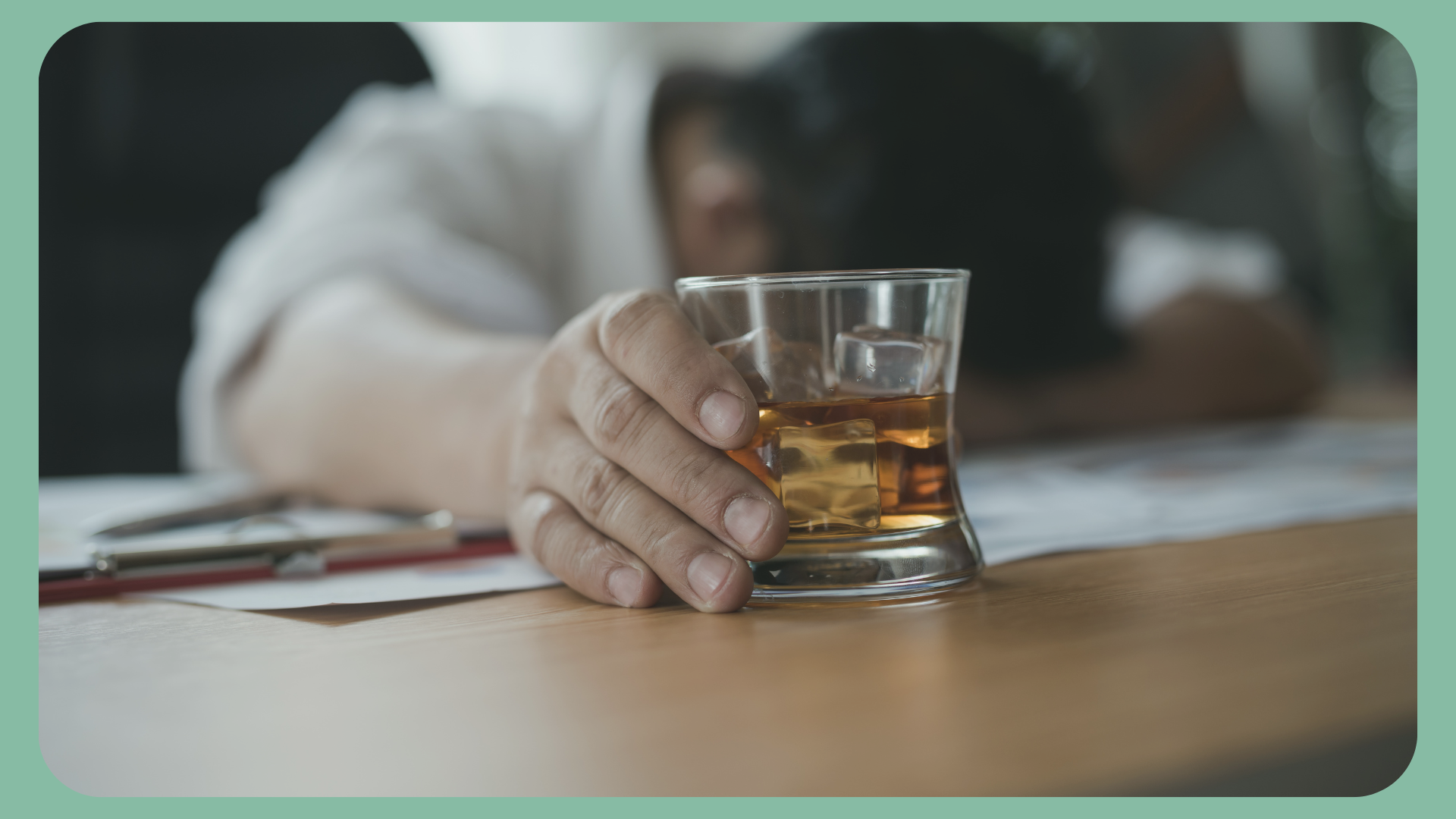
- Mindful drinking: Staying present and aware to curb impulsive food decisions.
2.1 Mindful Drinking: Approach alcohol consumption with a heightened sense of awareness, intention, and moderation. To prevent drunk binge eating, it’s also important to watch out for the “drinking” part because being mindful of it and finding balance can save you from bingeing afterwards. A win-win! You can drink in moderation while making sure that it won’t lead to bingeing.
2.2 Breaking Habits: Habits form over time, often unconsciously. By staying present, we become conscious of harmful eating patterns and can actively work to replace them with positive behaviours that promote well-being.
2.3 Preventing Binge Urges: When we're attentive to our hunger and fullness cues, we can differentiate between true physical hunger and emotional hunger. This awareness empowers us to address emotional needs without resorting to binge eating.
3.3 Long-Term Success: Sustainable change requires awareness and consistency. By practising mindful eating, we can build a foundation for long-term success in maintaining a balanced and healthy relationship with food and our bodies.
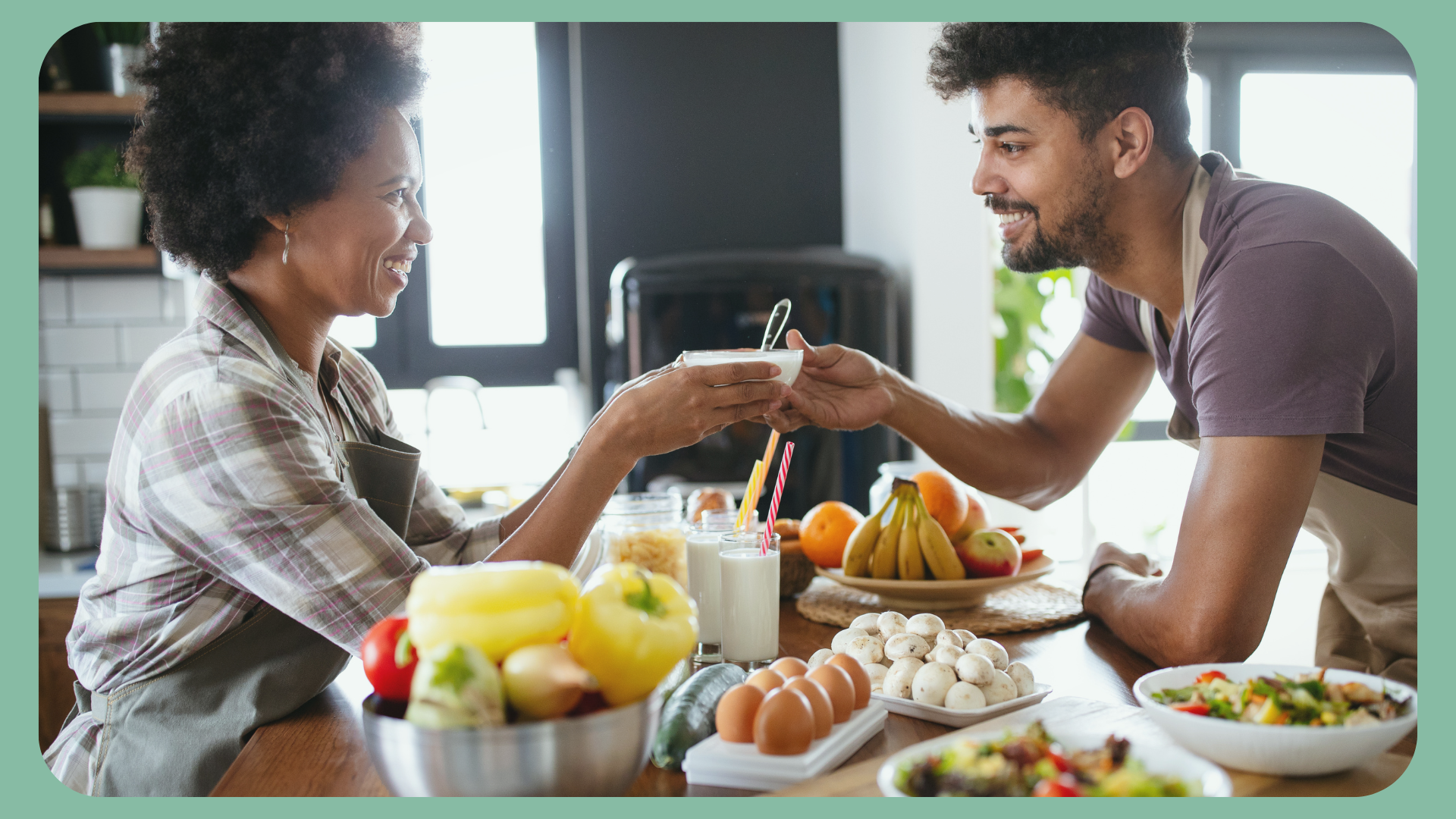
- The power of preparation: Stocking up on healthy snacks for post-party munchies.
3.1 Anticipate Cravings: Understanding your triggers and preparing for them ahead of time allows you to stay in control when faced with post-party munchies.

C. Embracing Food Freedom: A New Relationship with Food
- Ditching the guilt: Overcoming shame after a night of drunk binge eating.
1.1 Acknowledge Emotions: Understand that guilt and shame are natural reactions but don't define your worth or journey. Acknowledge your feelings without judgement.
1.2 Compassionate Reflection: Instead of self-criticism, reflect on the underlying reasons for the binge and offer yourself empathy and understanding.
1.3 Mindful Awareness: Cultivate awareness of triggers and emotions that led to the binge. Develop strategies to address them proactively in the future.
1.4 Release Perfectionism: Embrace imperfections as part of being human. Let go of the idea of a "perfect" diet and embrace balance and flexibility.
1.5 Seek Support: Reach out to loved ones or seek guidance from a professional coach like myself. Building a support network is crucial for mental health healing and growth.
1.6 Nourish Your Body: Focus on nourishing, wholesome foods that fuel your body, rather than restrictive diets or punishing routines.
1.7 Practice Self-Compassion: Treat yourself with the same kindness and understanding you would offer a dear friend. Forgive yourself and move forward with love.
1.8 Mind-Body Connection: Engage in mindful practices like meditation or yoga to strengthen the connection between your mind and body, fostering healthier choices.
1.9 Celebrate Progress: Recognize and celebrate every small step toward breaking free from guilt and shame. Every effort matters on this journey to healing.
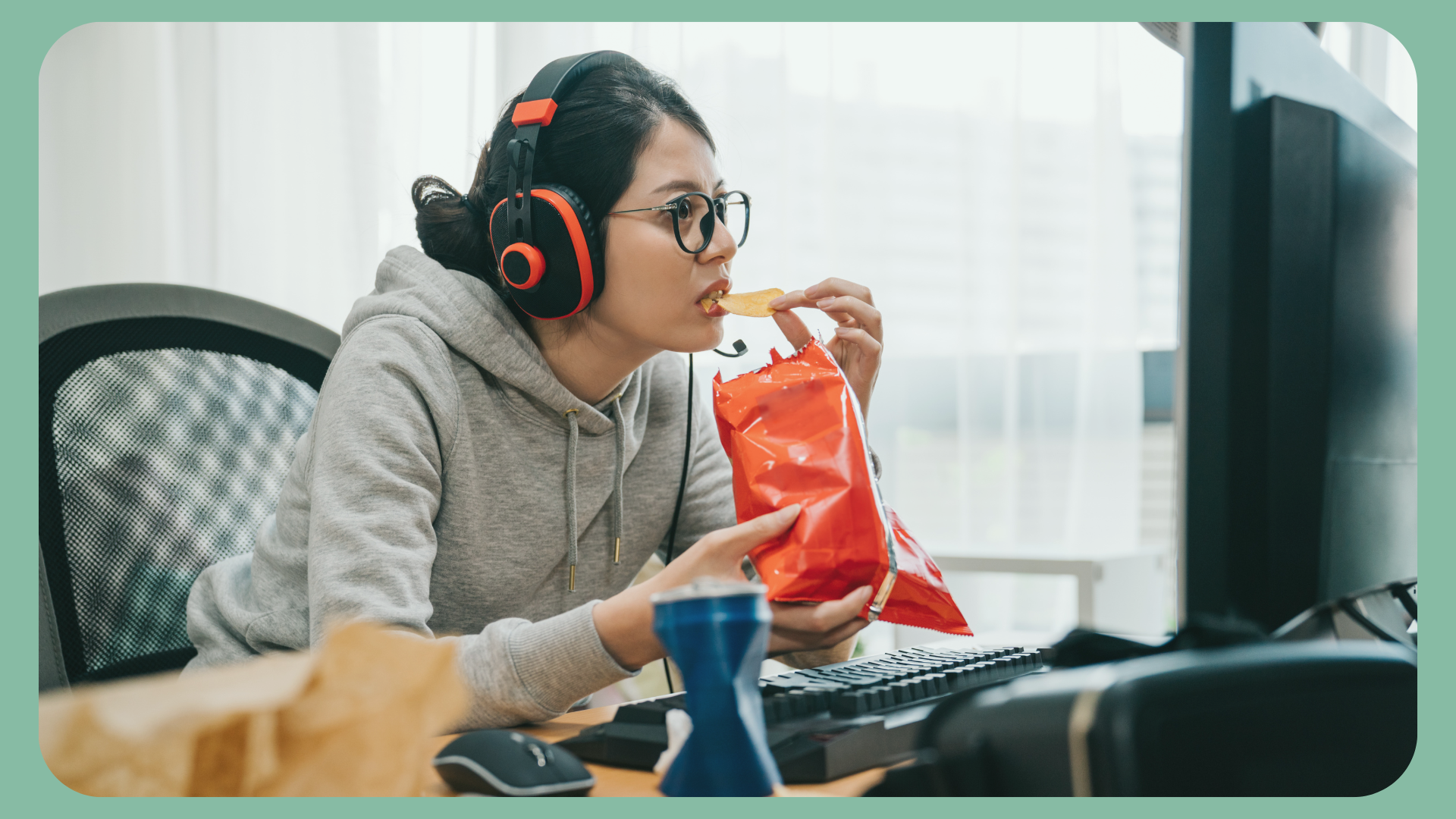
- Intuitive eating: Learning to listen to your body's true hunger signals.
2.1 Tuning into Your Body: Intuitive eating revolves around reconnecting with your body's innate wisdom. Instead of following strict diets or meal plans, you'll learn to recognize and honour your true hunger signals.
2.2 Ditching the Rules: Say goodbye to restrictive eating rules that breed guilt and shame. Intuitive eating encourages you to let go of external food guidelines and adopt a personalised, compassionate approach to nourishment.
2.3 Embracing Food Freedom: By embracing intuitive eating, you'll break free from the cycle of guilt and deprivation. Every food becomes permissible, and you gain the power to make mindful, satisfying choices that align with your body's needs.
2.4 Mindful Eating Practices: Engage in mindful eating techniques, savouring each bite and appreciating the sensory experience of food. This practice heightens your awareness of fullness and satisfaction, preventing overeating.
2.5 Cultivating Body Acceptance: Intuitive eating celebrates body diversity and promotes body acceptance. You'll learn to appreciate your body for its unique strengths and abilities, rather than fixating on appearance alone.
2.6 Honouring Health and Well-Being: Intuitive eating doesn't disregard health; it encourages nourishing your body with foods that make you feel good from the inside out. The focus shifts from strict calorie counting to overall well-being.
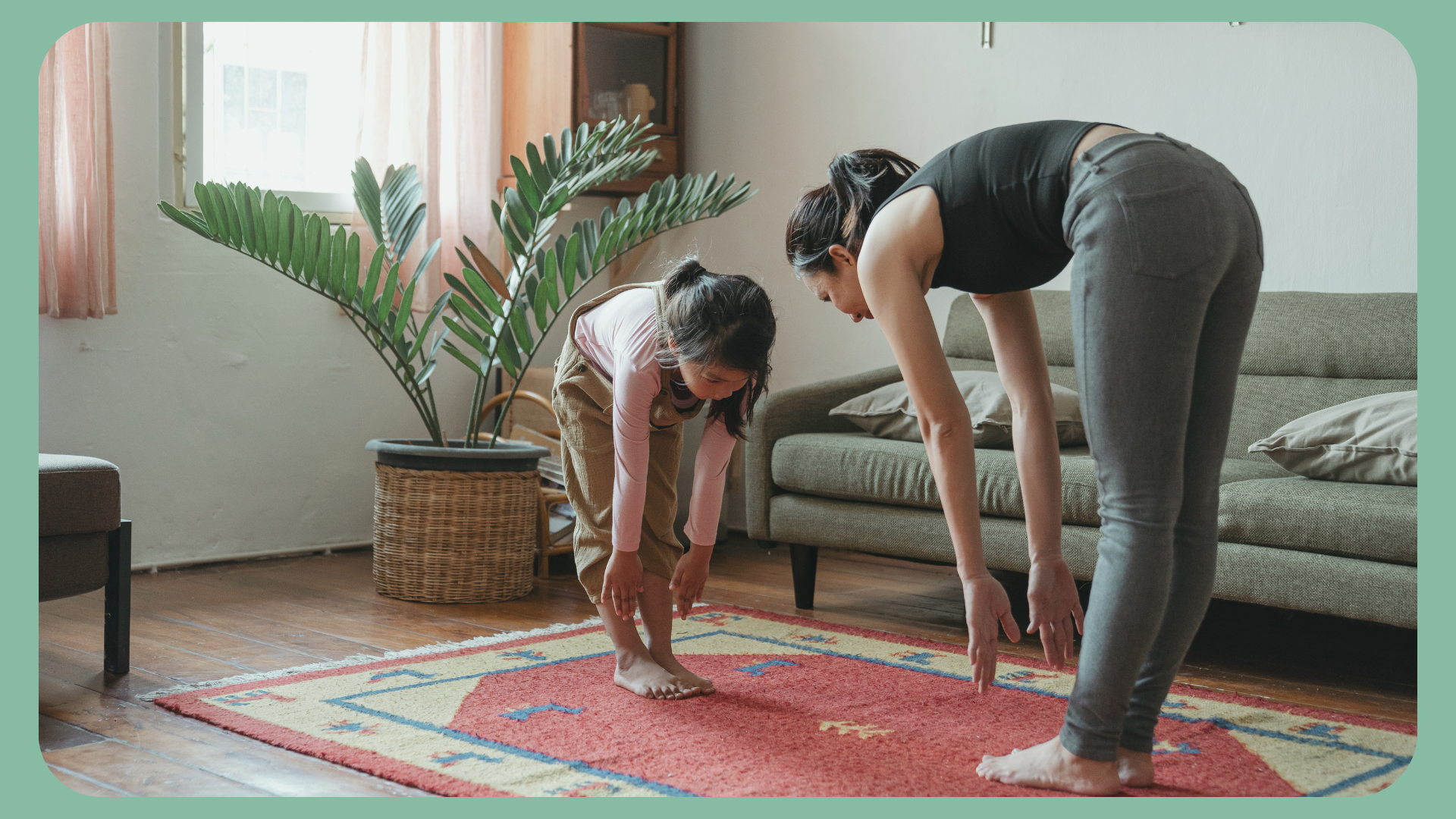
- Slow and steady: Gradually replacing unhealthy habits with nourishing choices.
3.1 Building a Balanced Plate: No restrictive diets or guilt here! Work on creating balanced and satisfying meals that include all food groups. Learning to appreciate and enjoy a variety of nourishing foods will replace the need for unhealthy binges.
3.2 Physical Activity as Self-Care: Engaging in enjoyable physical activities will help you connect with your body on a deeper level. Exercise should be a celebration of what your body can do, rather than a means to "burn off" food.
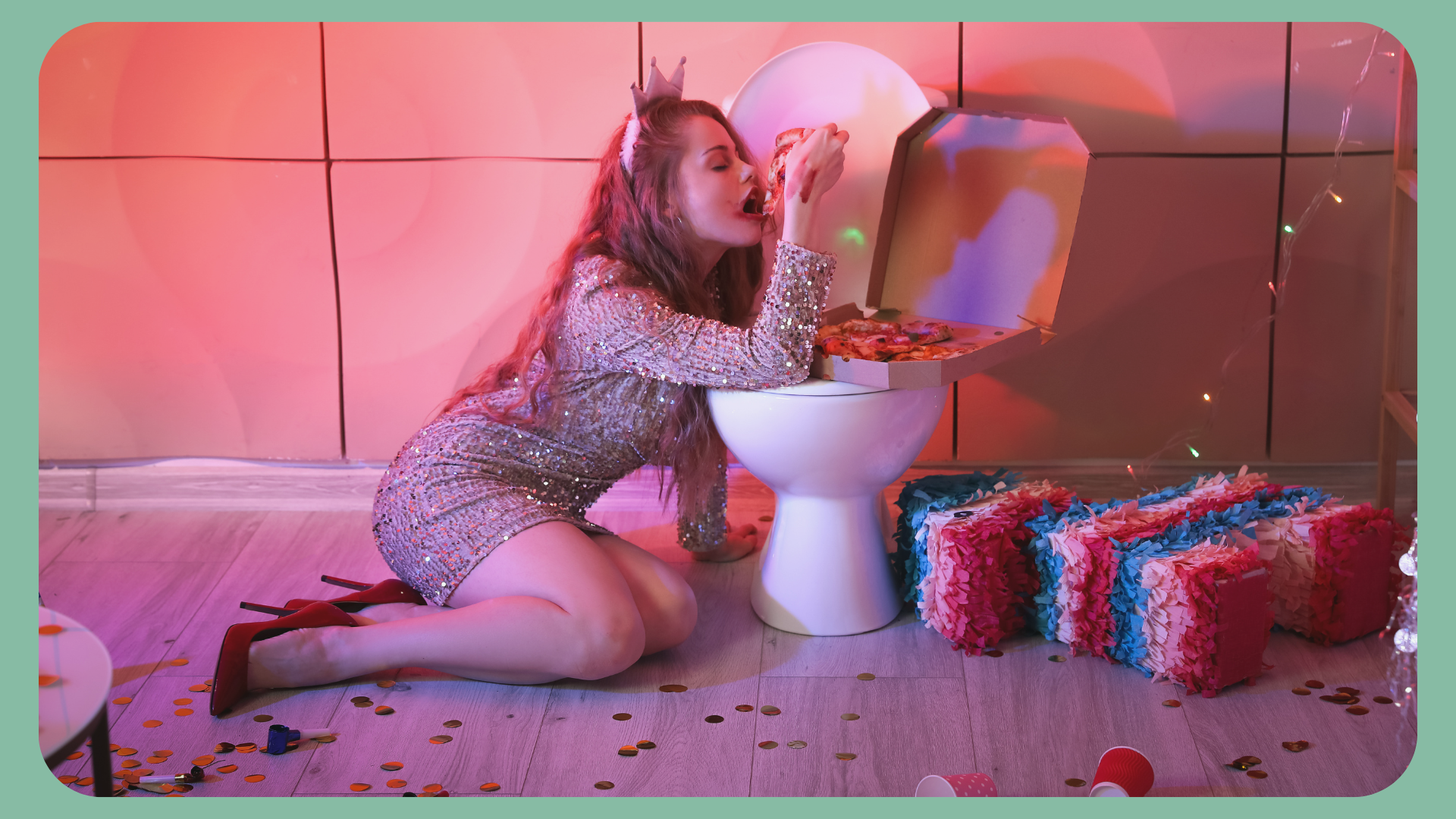
D. Rethinking Reward Systems: Treating Yourself Right
- Alternative rewards: Exploring non-food-based ways to celebrate and unwind.
1.1 Rediscovering Hobbies: Engage in activities that bring joy and fulfilment, such as painting, dancing, gardening, or playing a musical instrument. These hobbies provide a sense of accomplishment and act as a positive outlet for emotions.
1.2 Mindful Movement: Explore the world of mindful movement, be it yoga, pilates, tai chi, or simply going for a refreshing walk in nature. Moving your body can be a celebration of its capabilities and a way to de-stress.
1.3 Connection with Others: Celebrate and unwind in the company of loved ones. Engaging in meaningful conversations, sharing laughter, and creating cherished memories can be more fulfilling than any feast.
1.4 Creative Expression: Embrace your creative side by writing, journaling, or creating art. Expressing yourself creatively can be therapeutic and cathartic.
1.5 Practising Gratitude: Cultivate an attitude of gratitude. Celebrate and unwind by acknowledging the positive aspects of your life, which can help shift the focus away from using food as a coping mechanism.
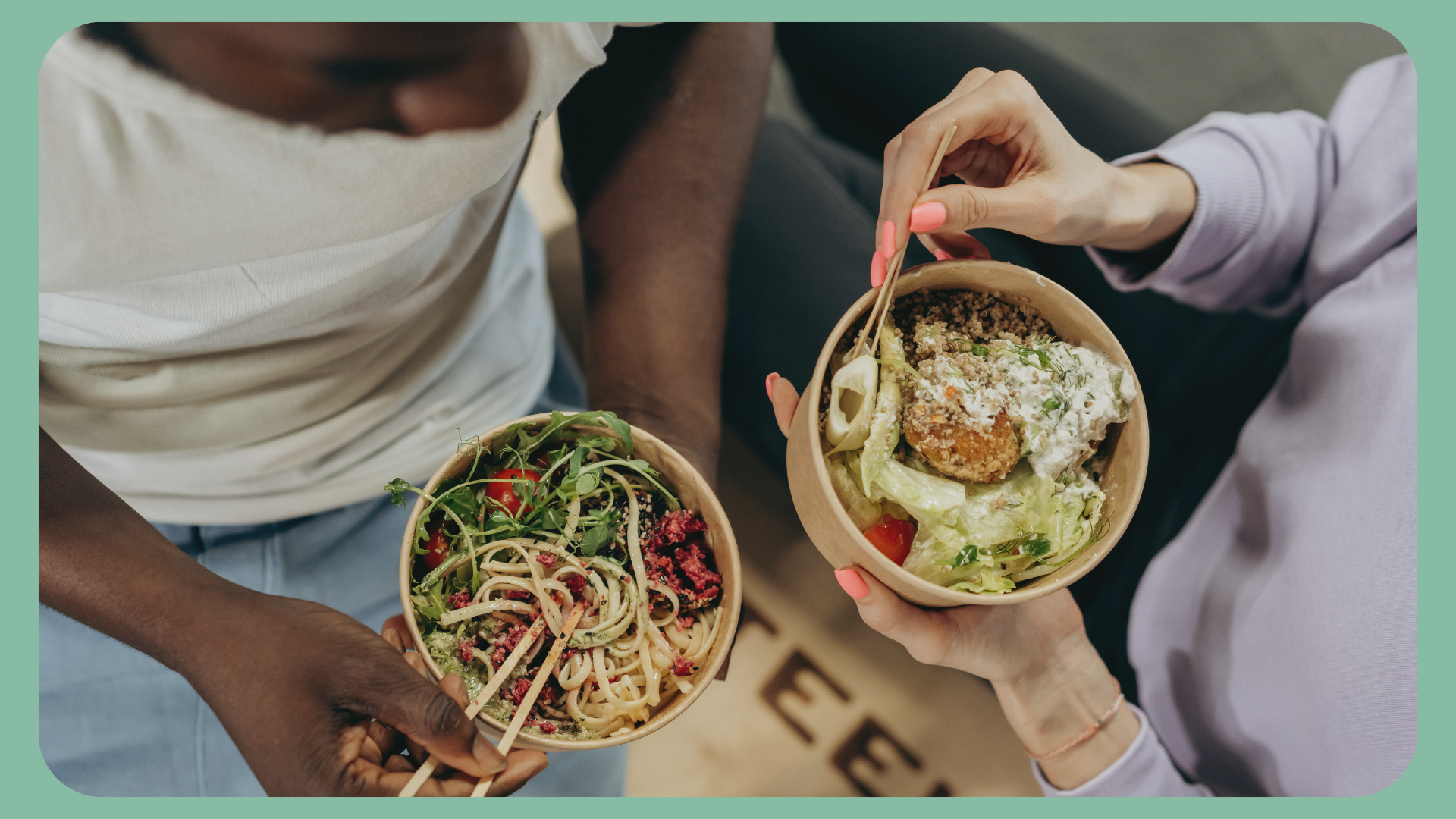
- Self-compassion: Embracing imperfections and setbacks with kindness and understanding.
2.1 Cultivating Self-Compassion: Instead of harsh self-criticism, learn to treat yourself with kindness and empathy. Self-compassion creates a safe space to acknowledge setbacks without judgement, allowing for growth and learning.
2.2 Learning from Setbacks: Every setback can be a valuable lesson. Explore the triggers and emotions surrounding the episode, uncovering the root causes, and developing strategies to handle them constructively in the future.
2.3 Reframing Perfection: Perfection is an illusion, and aiming for it sets us up for disappointment. Shift your focus from perfection to progress, celebrating even the smallest steps towards positive change.
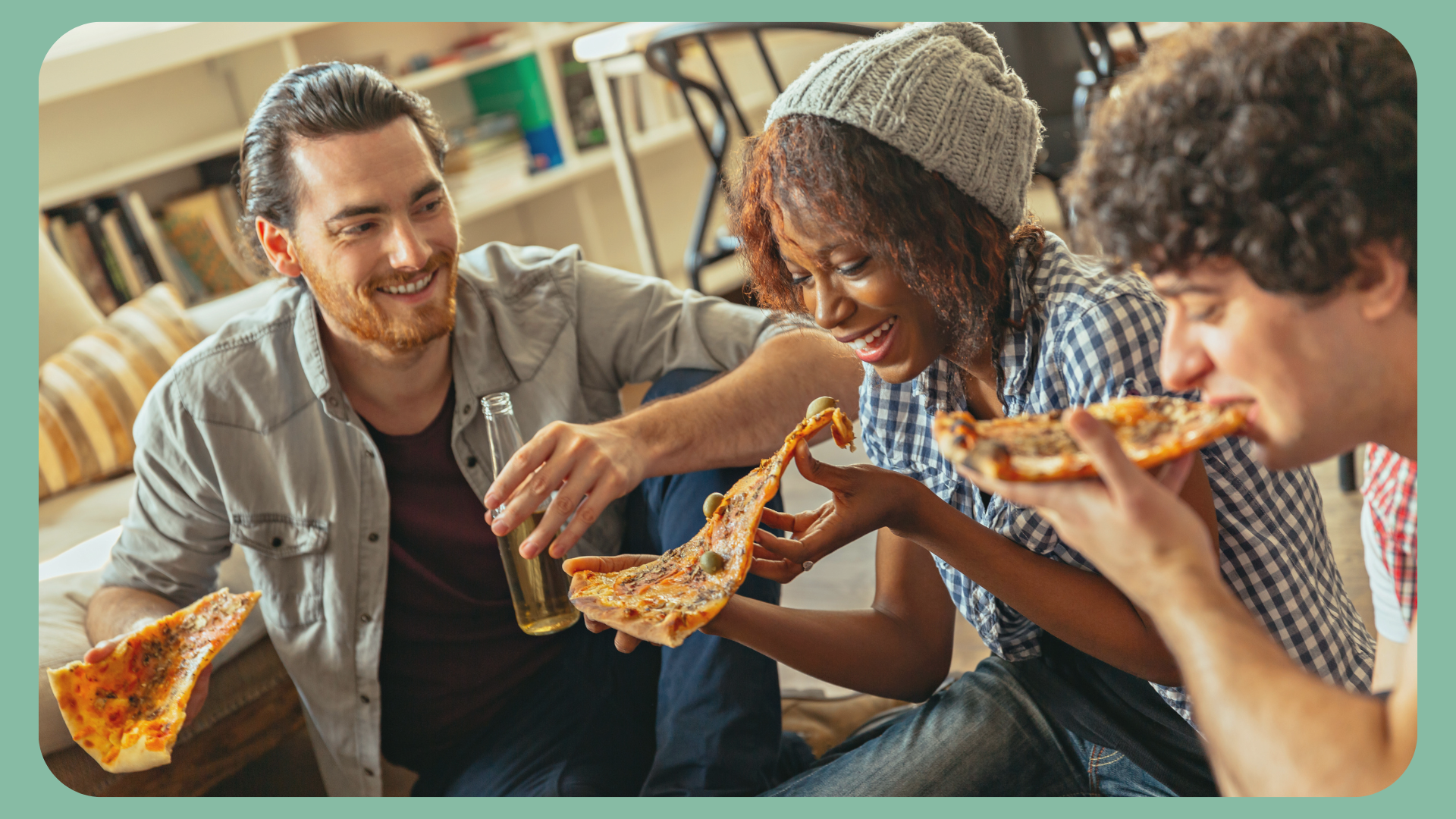
E. Coping with Emotional Triggers: A Balanced Approach
- Embracing emotions: Allowing yourself to feel without turning to food for comfort.
1.1 Acknowledging Emotions: The first step is to recognize and honour your emotions without judgement. By allowing yourself to feel, you can start understanding the root causes of emotional eating.
1.2 Emotional Awareness: Learn how you can independently distinguish between physical hunger and emotional hunger. This newfound consciousness will empower you to make mindful food choices.
1.3 Mindful Coping Strategies: Rather than reaching for food as a crutch, introduce yourself to alternative coping mechanisms. Engaging in activities that soothe and support your emotions will replace the urge to binge eat.
1.4 Sustainable Transformation: Through ongoing support and guidance, you'll learn to navigate life's challenges without resorting to emotional eating. This process will lead to lasting change, allowing you to live a healthier and more fulfilling life.

- Seeking professional help: Understanding when it's time to reach out for support.
2.1 Persistent Struggles: If you find yourself trapped in a continuous battle with binge eating disorder or unhealthy food habits, professional help can provide the guidance and tools needed to overcome these challenges effectively.
2.2 Emotional Distress: Binge eating is often linked to emotional triggers and coping mechanisms. A skilled coach can help you explore the underlying emotional factors and develop healthier ways of managing stress and emotions.
3.3 Holistic Approach: A certified coach takes a comprehensive approach, addressing not just eating behaviours but also emotional, mental, and physical aspects to foster a sustainable and balanced lifestyle.
3.4 Personalised Strategies: Each individual's journey is unique. A professional coach will tailor strategies and interventions that align with your specific needs and goals.
3.5 Long-Term Results: Professional support can help you break free from the dieting roller coaster and achieve long-term results, building a positive relationship with food and your body.
3.6 Accountability and Support: Having a coach by your side offers consistent support and accountability, empowering you to stay committed to your transformational journey.
3.7 Education and Empowerment: Understanding the root causes of binge eating empowers you to make informed choices and develop healthier habits independently.
3.8 Recovery from Disordered Eating: If you suspect or have been diagnosed with an eating disorder, seeking professional help is critical for proper diagnosis, treatment, and recovery.
Remember, you are not alone in this journey. It might feel like that with all the loud noises in this world, making you feel like you are alone and that you’re strange. But… YOU ARE NOT. Understanding when it's time to reach out for support in relation to binge eating or drunk binge eating is an act of courage and self-compassion. As a certified professional binge-eating coach and food and body coach, my mission is to help you break free from the toxic cycle of unhealthy food attachments and embrace a loving relationship with both food and your body, regardless of your goals, whether it's about weight loss or simply nurturing your health. You deserve a life where you feel in control and empowered, and I am here to support you every step of the way.
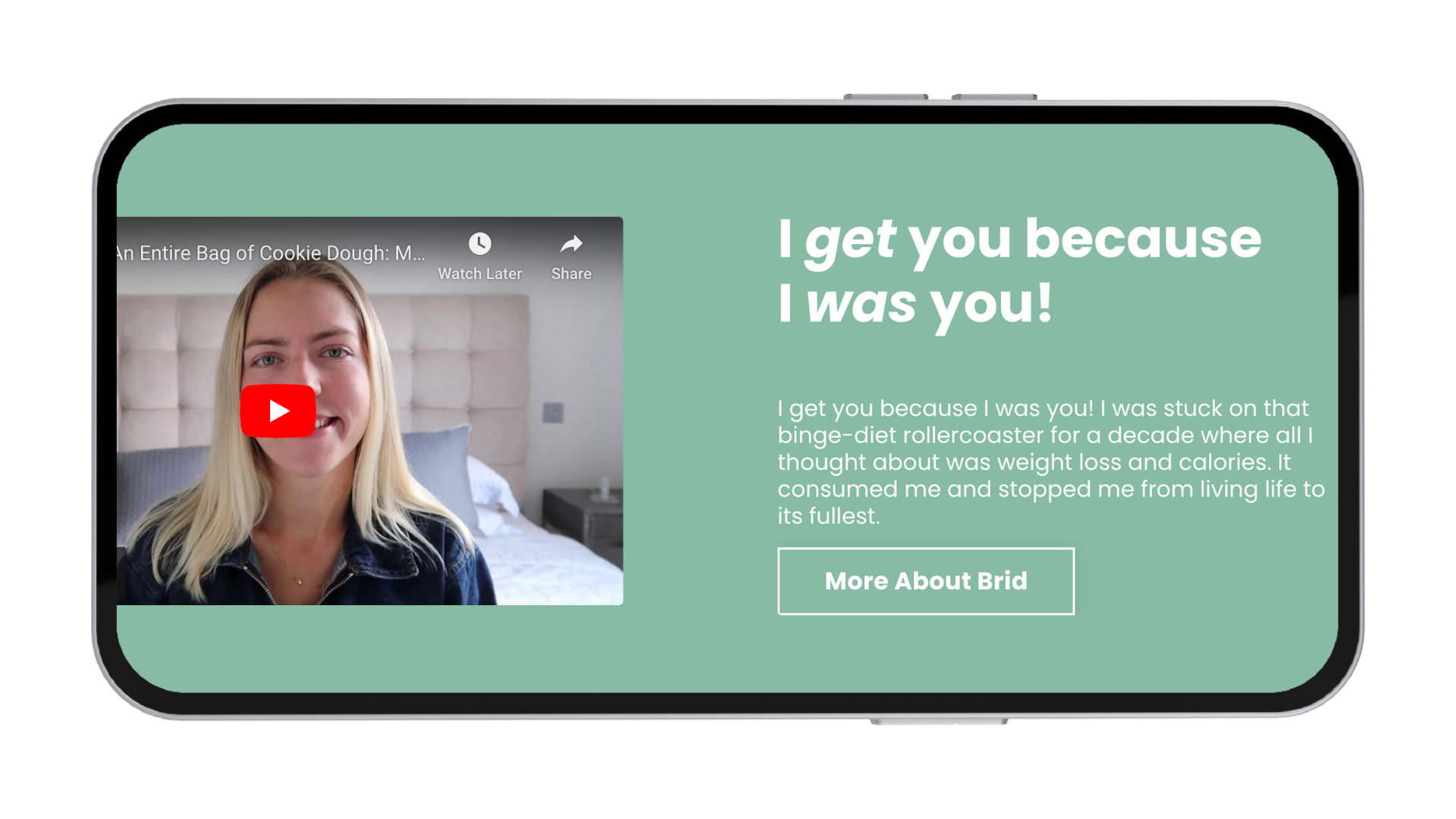
If you're ready to embark on a transformative path, I invite you to join my free masterclass, where you'll gain insights into conquering binge eating tendencies and finding balance in your life. Don't forget to tune into my podcast, where we'll dive deeper into various topics surrounding food, body, and emotional well-being. For those seeking personalised guidance, my one-on-one coaching sessions are designed to meet your unique needs and challenges.
Congratulations! You've made it to the end of this enlightening journey. Embracing a healthy relationship with food and your body is no easy feat, but with determination and self-compassion, you are well on your way to breaking free from drunk binge eating. Remember, it's not about perfection but progress, and I am here to cheer you on every step of the way. Let's banish the guilt, embrace food freedom, and celebrate the wonderful person you are. Together, we'll rise above the challenges and toast to a life of balance, happiness, and nourishment. Cheers to your newfound journey of empowerment and self-love!
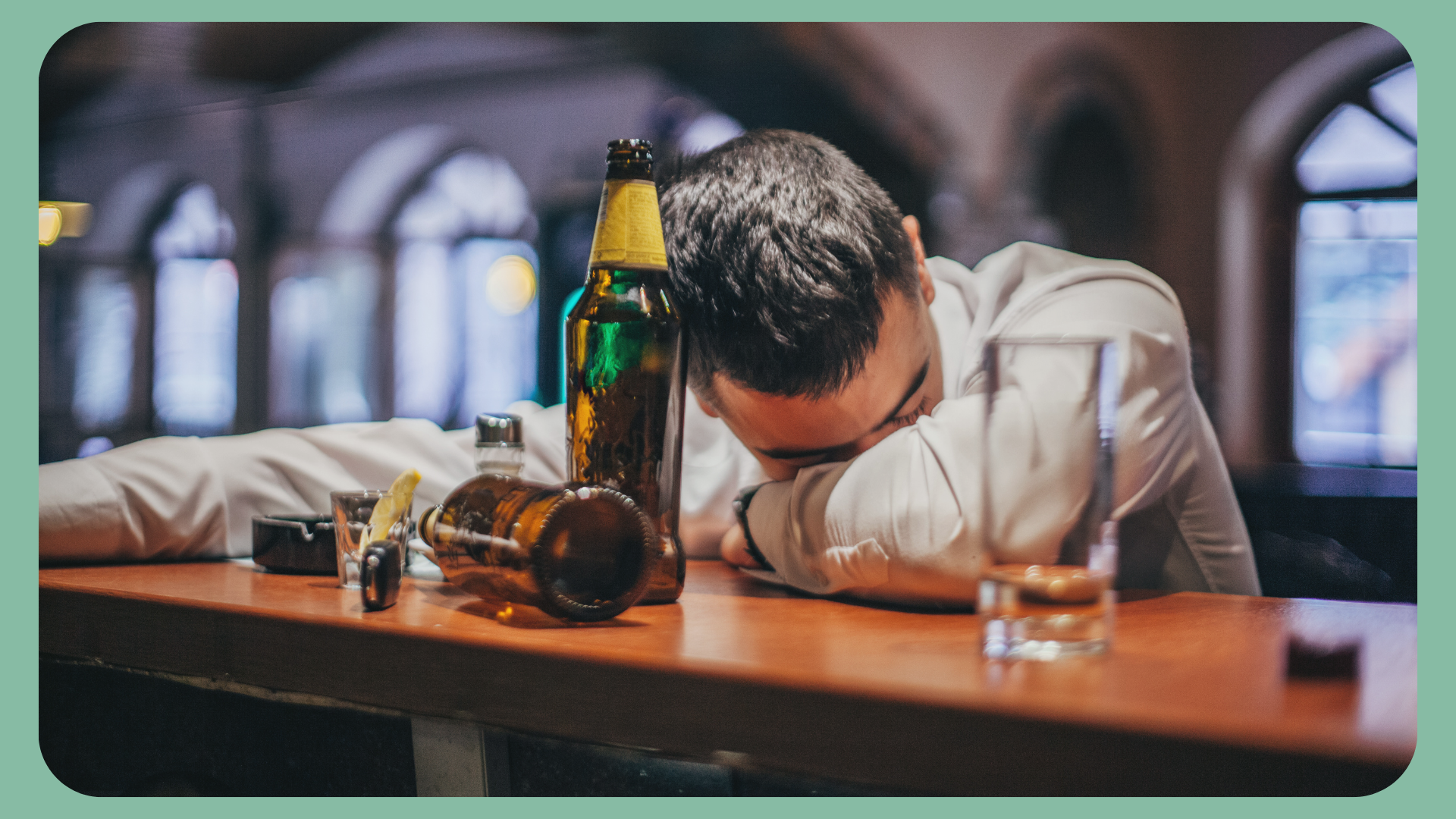
Healing is a process, and it's okay to ask for help. Together, we'll navigate the ups and downs with empathy, love, and a besties vibe mixed with professional expertise to keep you comfortable all throughout. You have the strength within you, and I'm honoured to walk beside you as you embark on this life-changing journey. Reach out, and let's create a brighter, healthier future together. Your well-being is worth investing in.
This is me, someone who sees you and gets you mainly because I was YOU too, I was in that position too and I know how it feels. I am willing to hold your hand to help you reach your goal and win your battle against unhealthy food relationships. It’s time to choose yourself and take care of your body.
If you want to connect with me, check out my social media and website:
Instagram - @freewithbrid
Website - www.freewithbrid.com
or WORK WITH ME! 💚
Brid.
Start your food and body healing journey with the FREE masterclass
"Why You're Still Binge-Eating & How To Stop"

